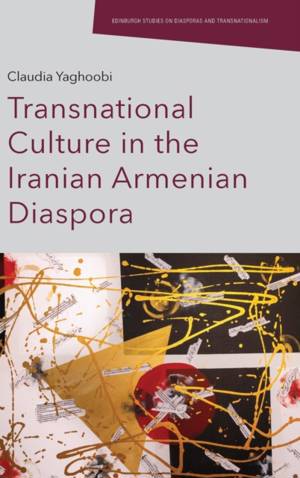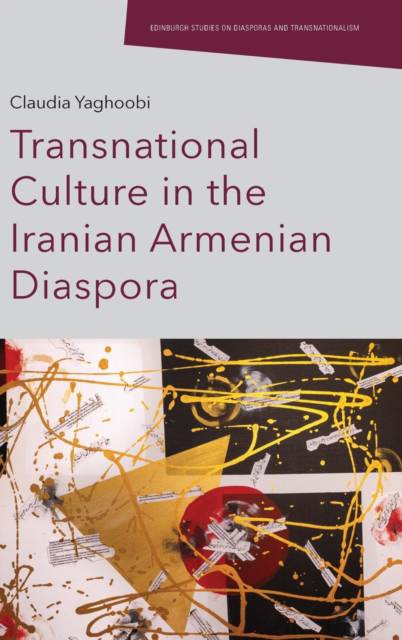
- Retrait gratuit dans votre magasin Club
- 7.000.000 titres dans notre catalogue
- Payer en toute sécurité
- Toujours un magasin près de chez vous
- Retrait gratuit dans votre magasin Club
- 7.000.000 titres dans notre catalogue
- Payer en toute sécurité
- Toujours un magasin près de chez vous
Description
Transnational Culture studies the ways that diasporic Iranian Armenian authors and artists negotiate their identities as minoritized population within a liminal space that includes religious, ethnic, national, racial, cultural, gender, and sexual factors. Yaghoobi argues that this liminal state of fluidity helps them to develop a resilience towards ambiguity and handling ambivalence in dealing with various cultures as well as resisting dualistic thinking which in turn allows them to move beyond national boundaries to transnationalism, yet simultaneously display the collective Armenian identity characterized by flexibility, adaptability, and continuity as a result of both multiple uprooting and a Genocide that continues to this day. They serve as a bridge between the homeland and the host nation, occupying what the author theorizes as verants'ughi - the transformational passageway, which requires them to not only risk being in a transitory space and give up the safe space of home and the power that comes with it, but also through doing so, they create transformative works of literature and art.
Spécifications
Parties prenantes
- Auteur(s) :
- Editeur:
Contenu
- Nombre de pages :
- 288
- Langue:
- Anglais
- Collection :
Caractéristiques
- EAN:
- 9781399512374
- Date de parution :
- 18-05-23
- Format:
- Livre relié
- Format numérique:
- Genaaid
- Dimensions :
- 156 mm x 234 mm
- Poids :
- 580 g







